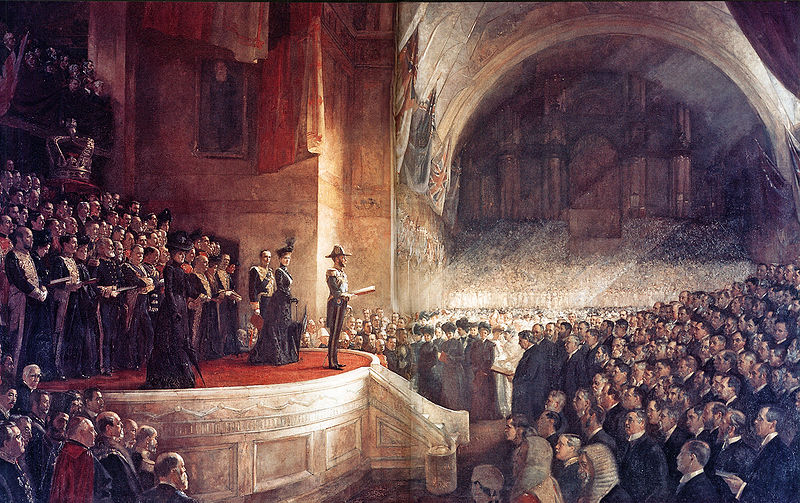philosophy
Christianity versus Homosexuality
I’ve often wondered why there’s such an obsessive focus on – and moral revulsion towards – homosexuality in Christianity. And I think I may have discovered an answer in a book by famed anthropologist Edward Westermarck.
The thing is, many other cultures and religions – and many moral systems – don’t have the same negative attitude towards homosexuality as you find in Christianity. In many cultures throughout history, including many that were around when Christianity emerged, homosexuality was far from immoral.
In fact, it was often praised or elevated above heterosexual sex: Plato’s Symposium celebrates homosexual love as being transcendent to heterosexual love, for example.
It’s also, arguably, a pretty odd crime – mutual love between two people, and consensual physical acts that occur in private, none of which appears to harm or negatively impact others.
Now, certainly, sexual morality is a big deal for many religions, but many of the social and sexual taboos and strictures have relaxed over the years – such as divorce, sex before marriage, and acceptable clothing on Sundays. So why is it that homosexuality, and other assorted issues like gay marriage, are still such a hot button issue for many Christians?
